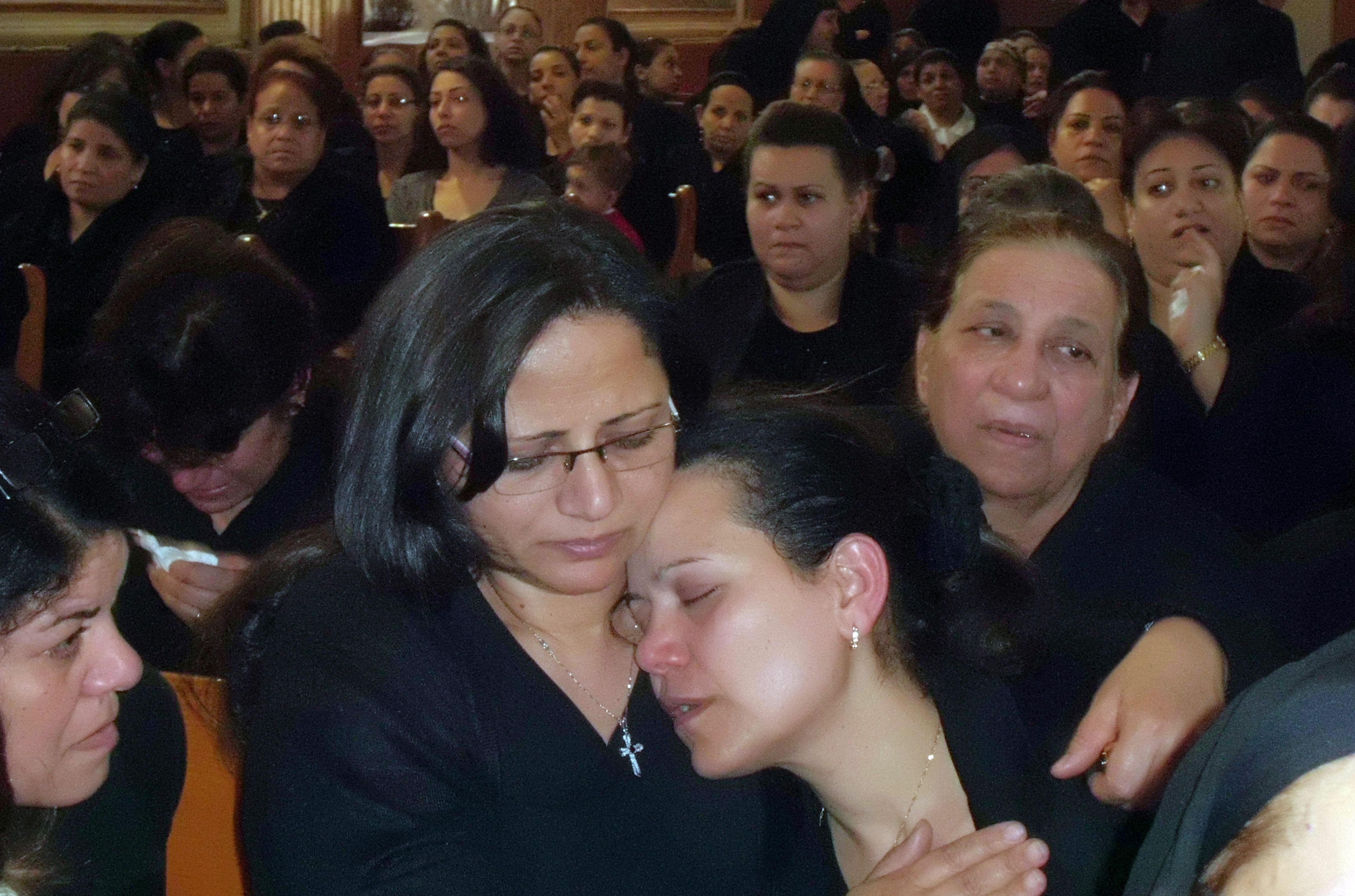CAIRO: Veteran journalists at state-owned Al-Ahram newspaper expressed their grievances at the continuation of the pre-January 25 editorial policies that pander to whoever is in power.
Journalists argued that the name of ousted president Hosni Mubarak was removed from the headlines only to be replaced by the Supreme Council of the Armed Forces (SCAF).
“I found that relatively little has changed,” said Khaled Daoud, assistant editor of Al-Ahram Weekly, who has been working in the state institution for more than 20 years.
“As long as [SCAF] is appointing the editors-in-chief and board chairmen, I think there will be little hope for change in the Egyptian press,” he said in a conference on Sunday.
The outburst came after a speech by Al-Ahram’s Editor-in-Chief, Abdel Azim Hamad, in which he claimed that state-run press have always maintained professional standards even under the Mubarak regime and despite the political situation.
Among the many demands of the protesters that took to the streets in January was the purging of state media, usually criticized for ignoring basic professional standards in favor of propagating regime policies.
State press was the focus of the Media in Transition seminar organized by UNESCO, the UN Information Center and Al-Ahram Press Foundation this week. Panelists and participants discussed the transition of state press towards ensuring independent public service. Journalists from Germany, Sweden and the United Kingdom shared their experience.
“What is the relationship with the Supreme Council of the Armed Forces?” journalist Karem Yehia, who has been working at Al-Ahram since 1986, asked the panel, which included Al-Ahram Board Chairman Abdel Fattah El-Gebaly and Deputy Editor-in-Chief Mohamed Sabreen.
Saying that state press has been promoting SCAF policies, Yehia asked: “What is that? A political bribe? What about the military trials of civilians? Not a word was published on that.”
“The state-owned press are only presenting one point of view and that is [SCAF]’s,” he added.
Yehia complained of censorship, citing the time when the most significant information was taken out of an article he wrote about the military trials of civilians, including the number of citizens subjected to the tribunals.
Daoud said, “We’ve been raised since the 60s that we are government employees. This needs to change; we have to restore our independence and that our allegiance is not to the government.”
He explained that restoring their credibility and regaining readers’ trust is accomplished by reporting the truth. “We won’t get the readers’ trust if we don’t report what they see on a day-to-day basis on the streets,” he added.
Daoud, however, remained optimistic. The young generation, he said, will not accept the old taboos.
Sabreen explained that the state press at the moment is at a “crossroads,” gearing up to build a new system, adding that the situation can never go back to what it was before the revolution.
The agenda now is “democracy, freedom and social justice,” he said.
Editorial independence, according to renowned publisher Hisham Kassem, is not guaranteed by private ownership. On the contrary, “the owner is in power,” he said.
“There is no editorial vision [in Egypt]; at the end of the day anyone who can afford it will publish a newspaper,” he added.
With private media mistakenly referred to as independent, Kassem said people should start thinking about a public offering for a people’s media, to avoid the situation where one person has a controlling share.

